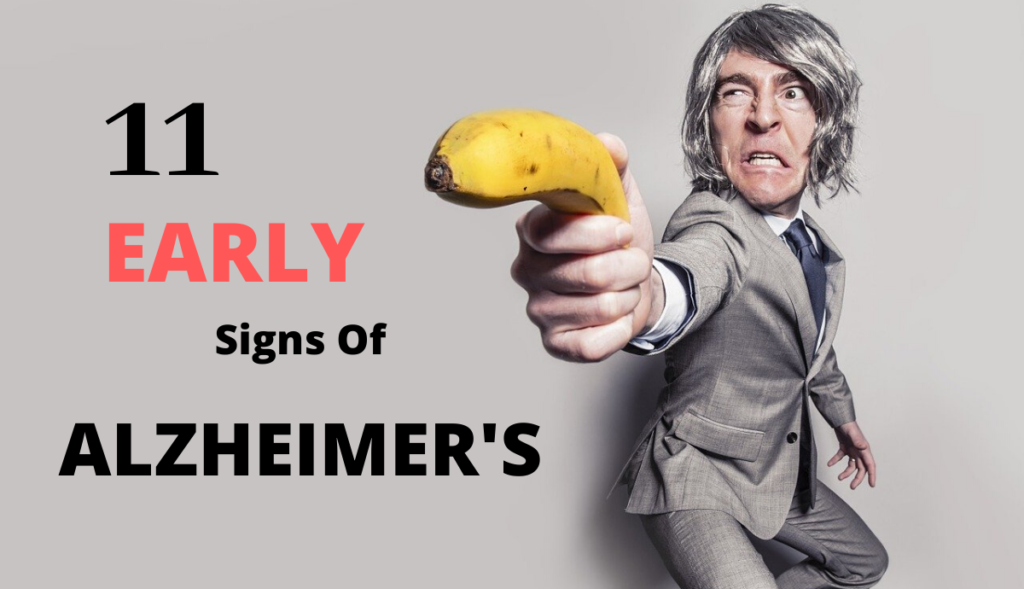
11 Early Signs of Alzheimer’s
Does forgetting your keys or an appointment indicate an early sign of Alzheimer’s? Read this new article to find out.

Does forgetting your keys or an appointment indicate an early sign of Alzheimer’s? Read this new article to find out.
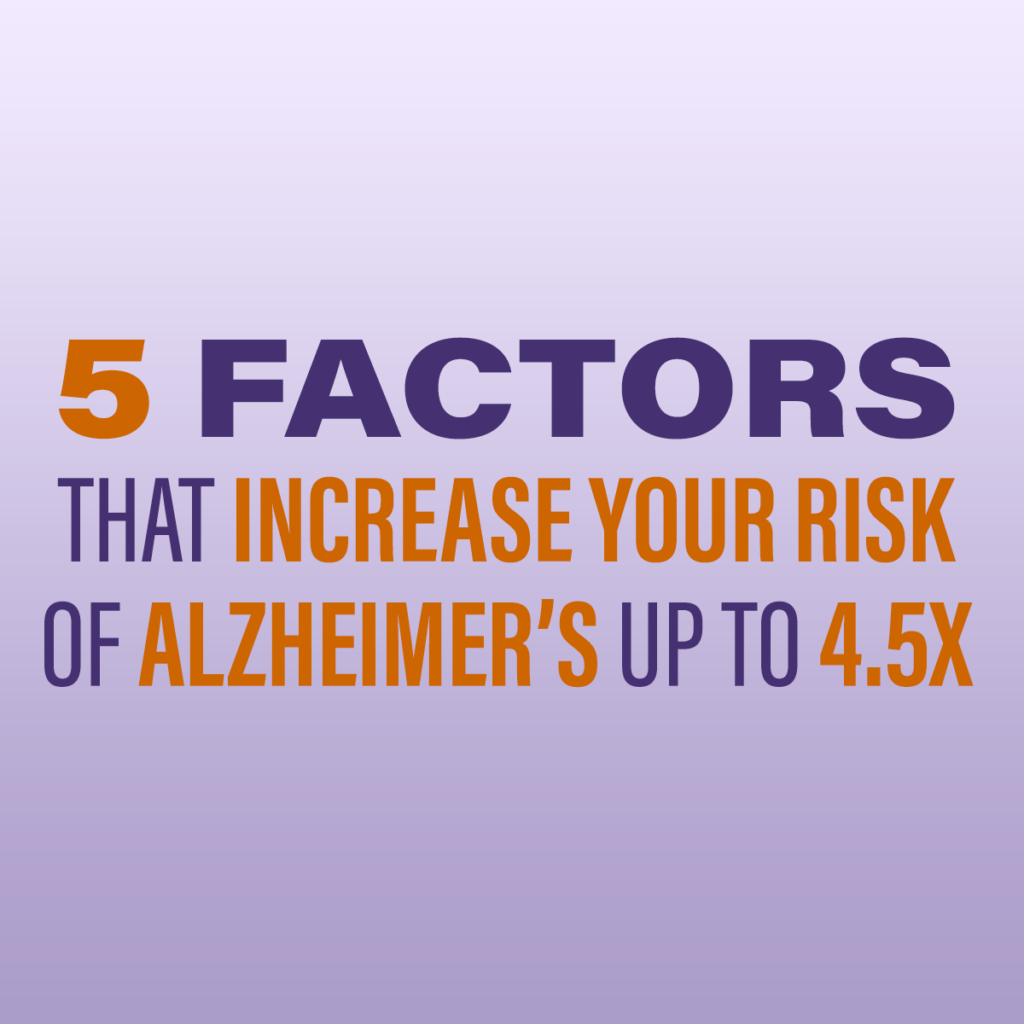
While researchers cannot yet agree on a single “cause” of Alzheimer’s, there are several known factors that play into the risks of having this devastating disease. According to the Alzheimer’s Association, you are at a higher risk of developing Alzheimer’s if any of the following applies…
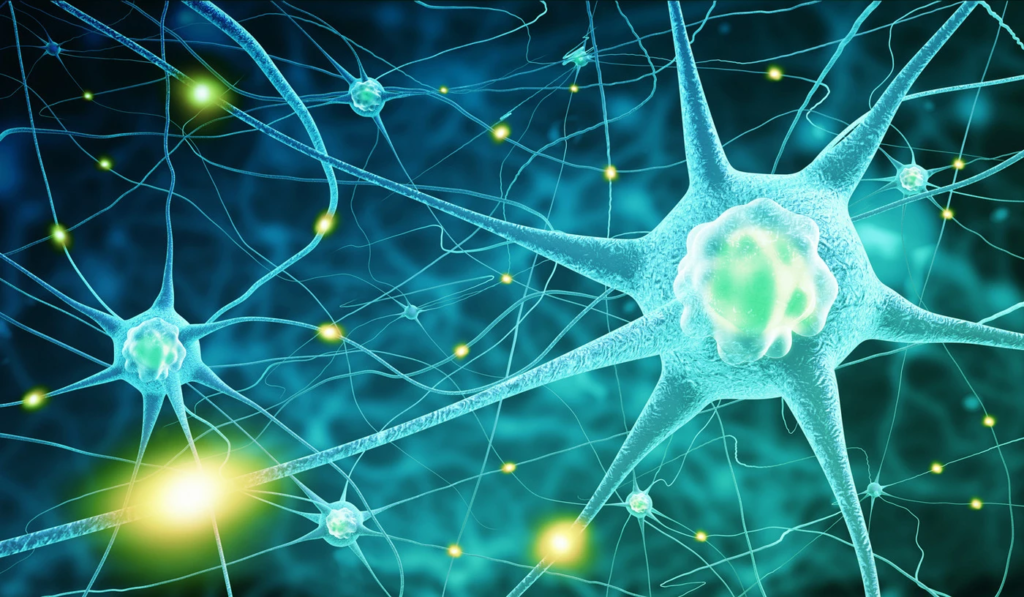
As you might suspect from the name, neurotransmitters are the brain’s “chemical messengers” — transmitting important messages between nerve cells (called neurons).
Neurotransmitters come packaged in tiny bubbles called vesicles. And every millisecond, billions of your brain cells use vesicles to send signals to each other..[i]
Typically, each vesicle holds only a single type of neurotransmitter with specific functions.
For example, the neurotransmitter dopamine is associated with memory and cognitive skills.
The neurotransmitter serotonin helps regulate mood and sleep.
And the neurotransmitter, GABA, can boost mood or have a calming, relaxing effect on the nervous system.
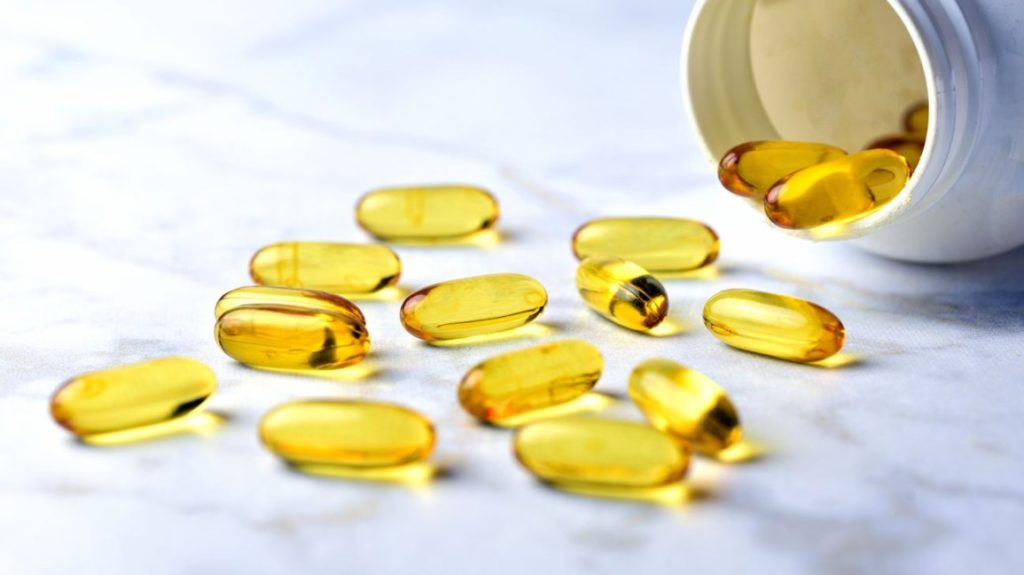
Remember cod liver oil? Your grandma or even mother may have made you take that as a kid.
Of course, back in those days it was a ‘spoon and you choke it down’; no fancy gummies or flavors of questionable ingredients back then!
As unpleasant as that may have been, turns out granny was right…
Fish oil, which is chock full of omega-3, is absolutely necessary for optimal health and wellness.
Omega-3 is known as an “essential” fatty acid. The long list of potential health benefits your body receives from omega-3 includes your eyes, lungs, heart and blood vessels; sperm cells, immune system, hormone balance, and brain health.
And, research indicates that consuming more omega-3s from fish may lower your risk of developing Alzheimer’s, dementia, and cognitive decline. We’ll look more closely at that in a moment. But first…

Recently, I was able to sit down for a fascinating talk with author, speaker, and “food revolutionary” Ocean Robbins along with leading medical experts.
On our plate (so to speak) was a great discussion of the anti-inflammatory spice turmeric.
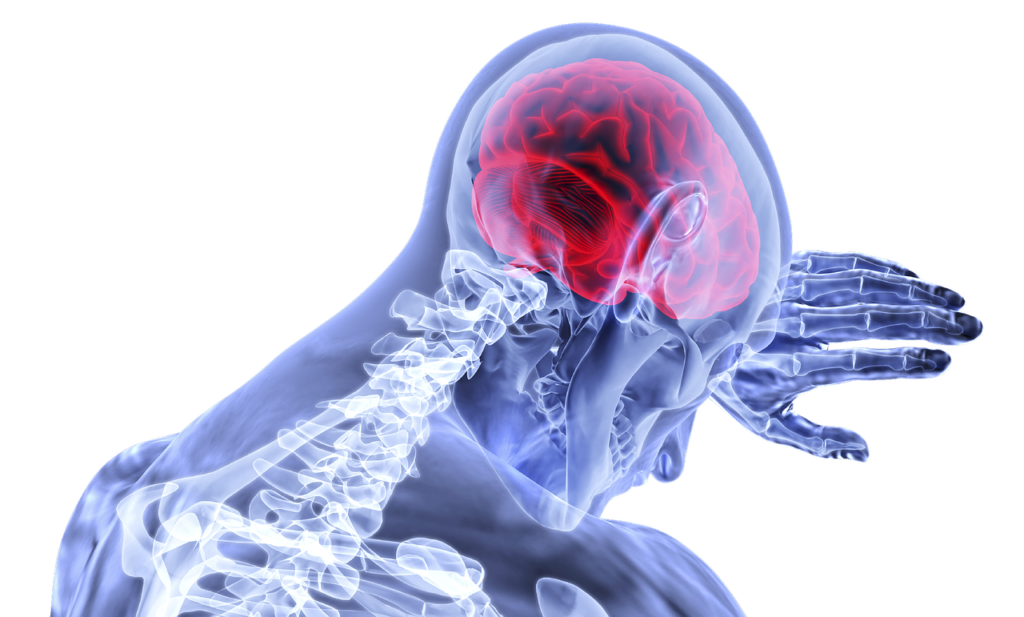
An excerpt from interviews with several experts: Dr. Michael Merzenich Alzheimer’s is not a disease. It’s the end stage of a decade’s long negative progression

“Mental health has two dimensions—absence of mental illness and presence of a well-adjusted personality that contributes effectively to the life of the community.” – Abraham
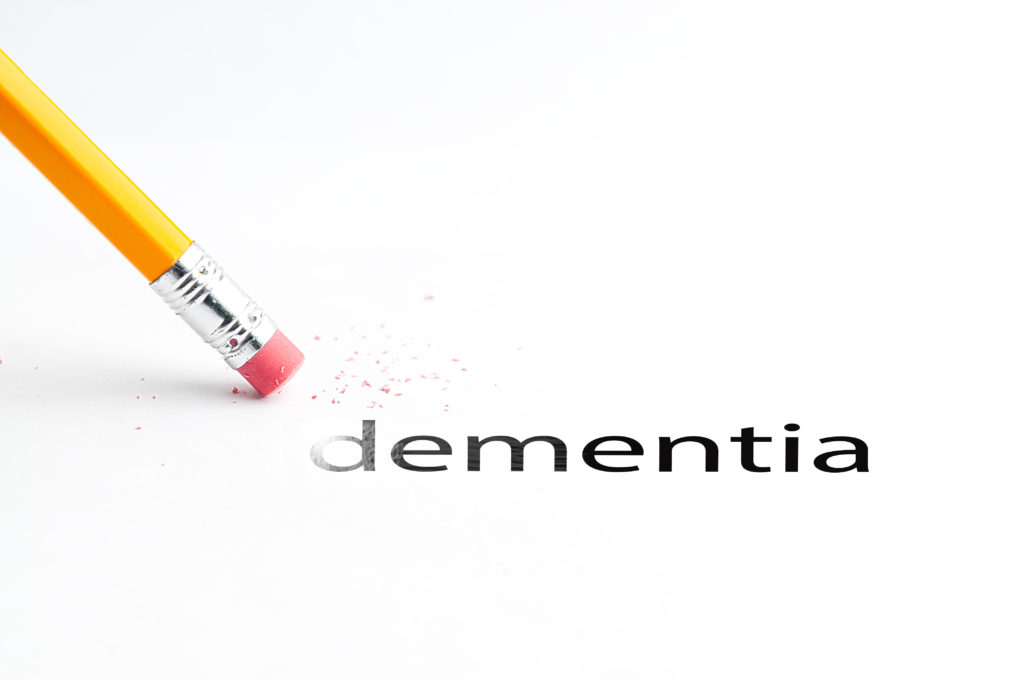
One in three people are expected to die of dementia, killing more people than breast cancer and prostate cancer combined. This report covers the principles
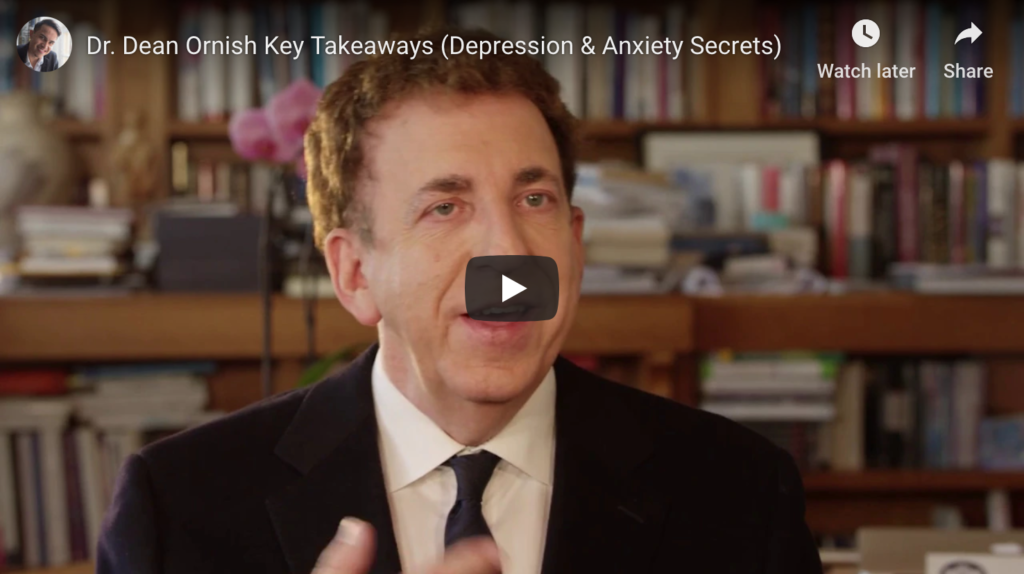
Highlights from Jonathan Otto’s interview with Dr. Dean Ornish, for the Depression & Anxiety Series. Dr. Ornish discusses a whole food, plant based diet, and why it is so powerful as a therapy for so many different diseases.
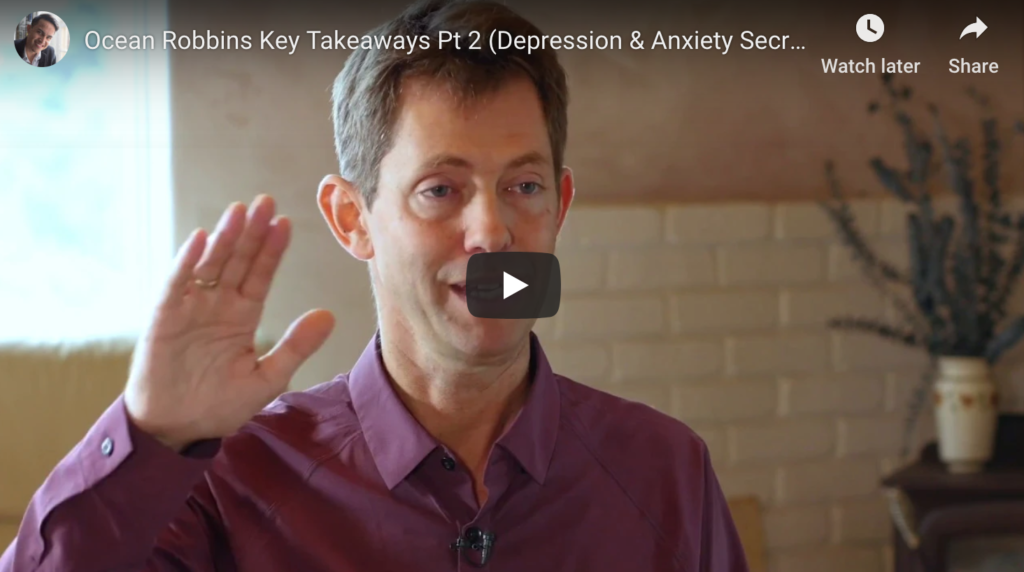
Highlights from Jonathan Otto’s interview with Ocean Robbins, for the Depression & Anxiety Series. Ocean discusses lifestyle and diet practices for enhancing mental health. He expounds on how a plant based diet can help depression and anxiety, and how GMOs and pesticides are dangerous for consumption.


By submitting this form you agree to receive messages from Health Secret & Well of Life. Your email address will NEVER be shared or sold. You’re always free to easily unsubscribe at any time. For more information see our Privacy Policy.